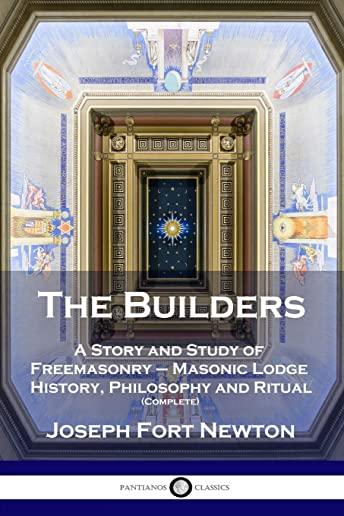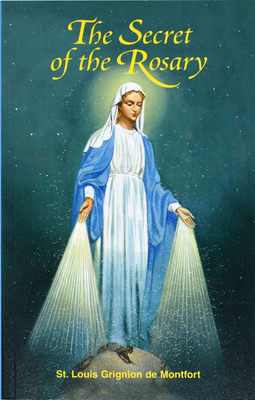
Newton, Joseph Fort
This history and account of Freemasonry explains the origins of the Masonic tradition, the gathering of Masons in Lodges, and the rituals, philosophies and secret doctrines practiced in this centuries-old order.
Joseph Fort Newton composed and published this manual at the direction of the Grand Lodge of Masons in Iowa. In seeking to dispel myths, fancies and misconceptions about the Masons, the Iowan Lodge permitted the author full access to their libraries and collections of relevant lore. Once the final draft was completed and reviewed, the Masters approved this work, which is intended to give accurate information to young men who are considering joining the Masonic Order.
Through Newton's narrative, we discover the rich symbolism and ideals that the Masons aspire to. Their philosophical ideas, the concept of a fraternal bond between Freemasons, and the various rituals of admission and advancement in rank are detailed. Owing to the author's direct access to various texts used in the Masonic Lodges, the chapters are authoritative and detailed. The beginnings of Freemasonry and development of their traditions are related, with Newton's work being a story as well as a cogent exploration of a system of morality shrouded in the symbolism of tools.
member goods
listens & views

CIEN POR CIENTO CUMBIA / ...
by CIEN POR CIENTO CUMBIA / VARIOUS (ARG)
COMPACT DISCout of stock
$10.99






